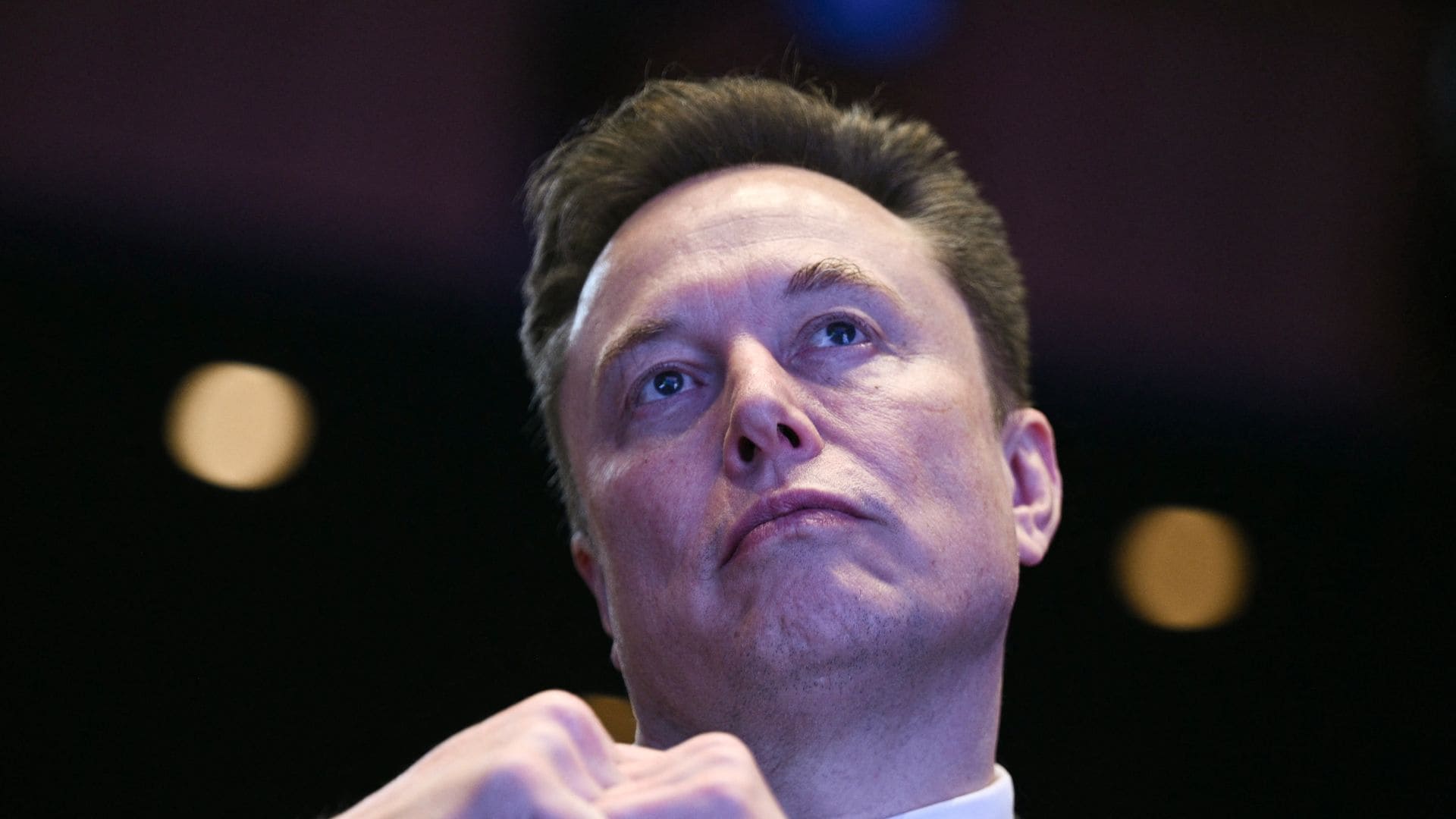Elon Musk loves to yap about how technology is going to save us one day, this time, painting a future where work is optional. On November 19, he spoke at the U.S.-Saudi Investment Forum in Washington, D.C., where he shared his vision of a much different world in 10-20 years, comparing having a job to tending a backyard garden.
His prediction sounds like a dream that could never work within the restraints of capitalism. “My prediction is that work will be optional. It’ll be like playing sports or a video game or something like that,” he said.
“If you want to work, [it’s] the same way you can go to the store and just buy some vegetables, or you can grow vegetables in your backyard. It’s much harder… some people still do it because they like growing vegetables," he continued, per Fortune.
For Musk, who is on the road to becoming a trillionaire, the answer is robots. He envisions millions of machines in the workforce driving productivity so high that humans don’t have to work for survival.
Literally borrowing from a science fiction series, Iain M. Banks' Culture, he imagined a post-scarcity society: “In those books, money doesn’t exist. It’s kind of interesting… if you go out long enough—assuming there’s a continued improvement in AI and robotics—money will stop being relevant.”
But Musk’s utopia isn't all robots and rainbows. AI-driven automation is already displacing entry-level workers and creating volatility in the job market. If we get millions of robots working, that's millions of people losing jobs. And AI is everywhere, taking jobs like customer service representatives, data analysts & researchers, software development, and even that of an artist.
Even in a highly automated future, robots need humans for design, programming, assembly oversight, maintenance, and management. Factories and production lines, even if largely automated, require engineers, technicians, and supervisors to keep them running.
In a capitalist system, wealth sits at the top, so the people who own the companies, or control the robots, would probably be the ones raking in all the cash. Definitely more than the average worker who, in Musk's world, would be volunteering.
Even if robots produce most goods, there will still be human labor involved at some level, and not everyone will equally benefit from the productivity gains. It'll be the rich tech billionaires like Musk at the top, reaping the benefits.
Musk’s own track record raises questions. Tesla and SpaceX employees have reported grueling work schedules, burnout, and safety issues. Even his futuristic Optimus robots, which he claims will revolutionize Tesla’s value, are still struggling with production delays.
Without deliberate systems like a universal basic income, the gains from a robot-powered economy are likely to flow to the top, leaving the majority still struggling to make ends meet.
